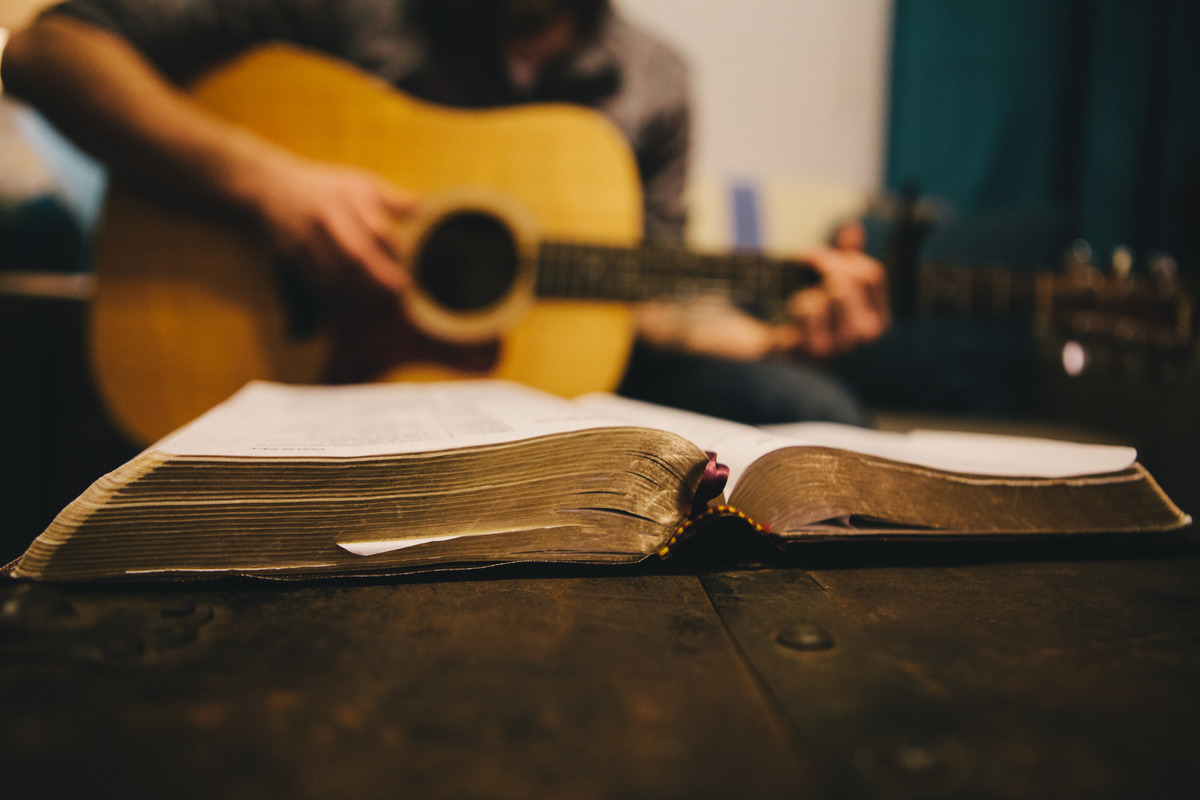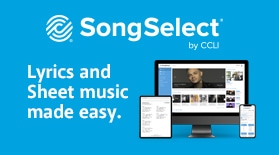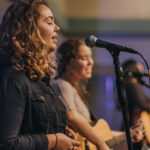CCLI Topics
Exemptions To The Religious Service Exemption

Yes, churches have a special exemption for worship services. But not for everything in the service. Just certain things.
Section 110(3) of the U.S. Copyright Law (otherwise known as the Religious Service Exemption) states that the following are not infringements of copyright:
performance of a nondramatic literary or musical work or of a dramatico-musical work of a religious nature, or display of a work, in the course of services at a place of worship or other religious assembly
2 Out Of 6
The U.S. Copyright Law grants six exclusive rights to owners of copyrighted creative works: reproduction, adaptation, distribution, performance, display and recording. The Religious Service Exemption covers certain aspects of two of those six exclusive rights (performance and display) in the course of a worship service. So churches must still be mindful of all the exclusive rights of copyright owners to avoid copyright infringement.
As a reminder, here’s the list of the six exclusive rights. The two rights covered by the Religious Service Exemptions are in italics. The other rights not covered by the exemption are in bold.
- Reproduction: simply put, “copying” lyrics, tunes or melodies, digitally or on paper
- Adaptation: changing it into something new, a derivative work
- Distribution: making it available through channels for sale, lease, or lending
- Performance: presenting the work to a public audience
- Display: showing the graphics or visuals related to a work
- Recording: playing back or sharing a recording of the work
Why CCLI?
Christian Copyright Licensing International, Inc. (CCLI) covers churches all over the world, with over 160,000 across North America alone. It’s Church Copyright License which provides a convenient solution to many of the copyright issues that church music ministries face.
In light of all this, let’s look at some scenarios that CCLI Service Representatives often hear as we talk with churches on the phone.
- “You’re saying we have to PAY to sing worship songs in our church?”
No, no, no, a thousand times, NO! There is no permission needed and no fee needs to be paid in order to sing in church. But copyright issues can arise when churches reproduce song lyrics or record their services. Reproduction and recording are exclusive rights that are not exempt. - But we don’t copy anything anymore. We just project lyrics.
Interesting point! Especially since display is exempted in the Religious Services Exemption. But a copyright issue arises when someone has first entered those lyrics into a computer, or has written them down on a transparency. That’s an act of reproduction, which is not exempt. - We only use the hymn book in our services.
Great! If that’s 100% true, all of the time, without exception, then yes, you’re fine. But considering the realities of church music ministries, we’ve found that’s not usually the case.
In this last case, sooner or later someone will probably want to introduce a song that’s not in the hymnal: when they do they’ll project lyrics up on a screen. Or other sub-ministries of the church may need to create a song sheet. Or retreats and camps may need a custom songbook. Weddings and funerals may require a special insert into the program. And if any of these events are recorded, churches will run into the copyright issues of reproduction, recording and distribution.
The Church Copyright License from CCLI covers all the above scenarios/copyright issues and more, because it was developed back in 1985 as a way to serve and protect the church. CCLI created the “blanket license” concept so that copyright compliance could be simple and affordable, while still being comprehensive for all rights.
CCLI does not police church activities. Rather, it comes alongside the church as a friend and advocate, providing a comprehensive, convenient and cost-effective solution to typical copyright issues faced by church music ministries. So, for the “exceptions to the exemption,” you’ll find practical solutions with the Church Copyright License from CCLI.






